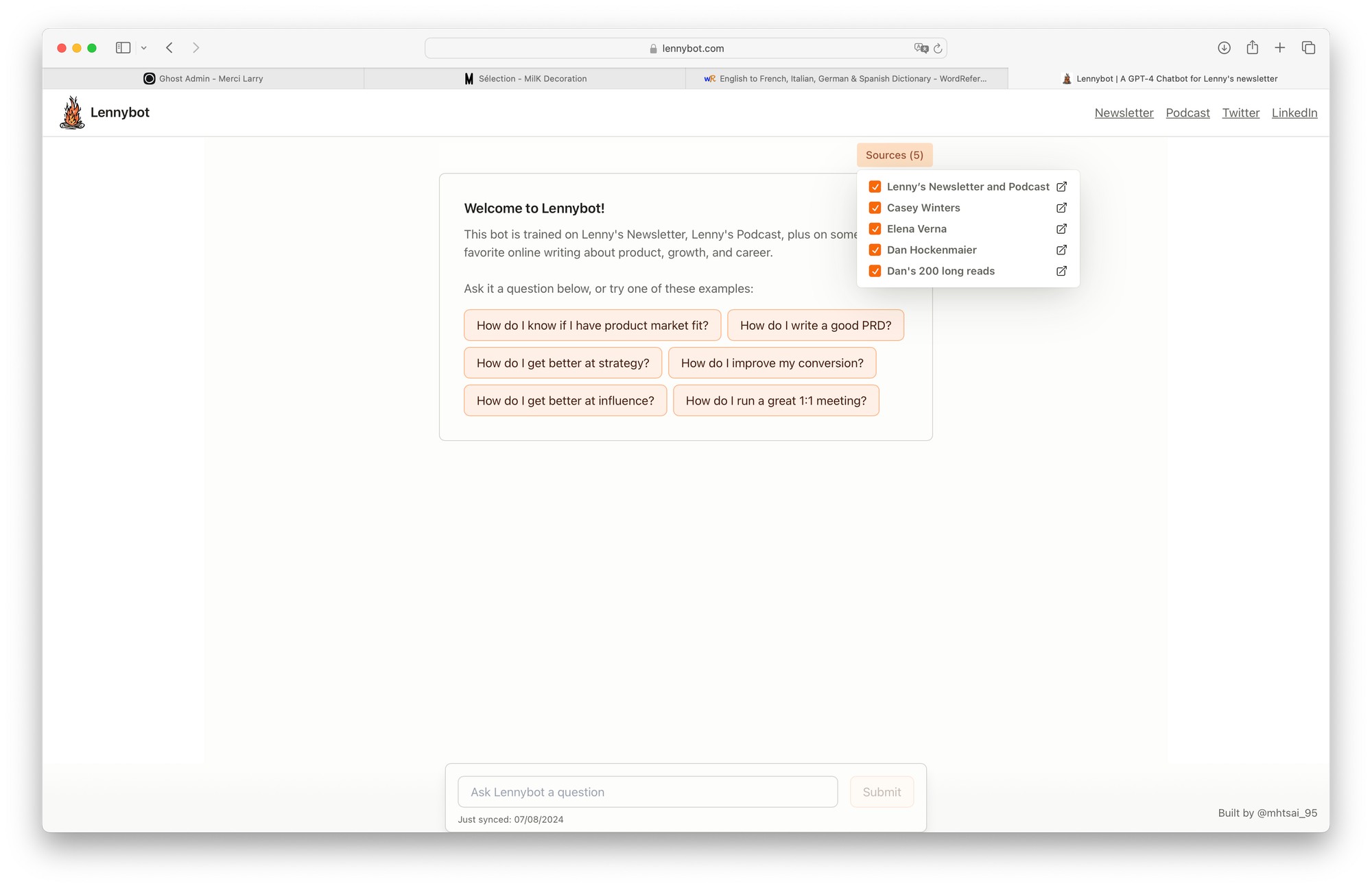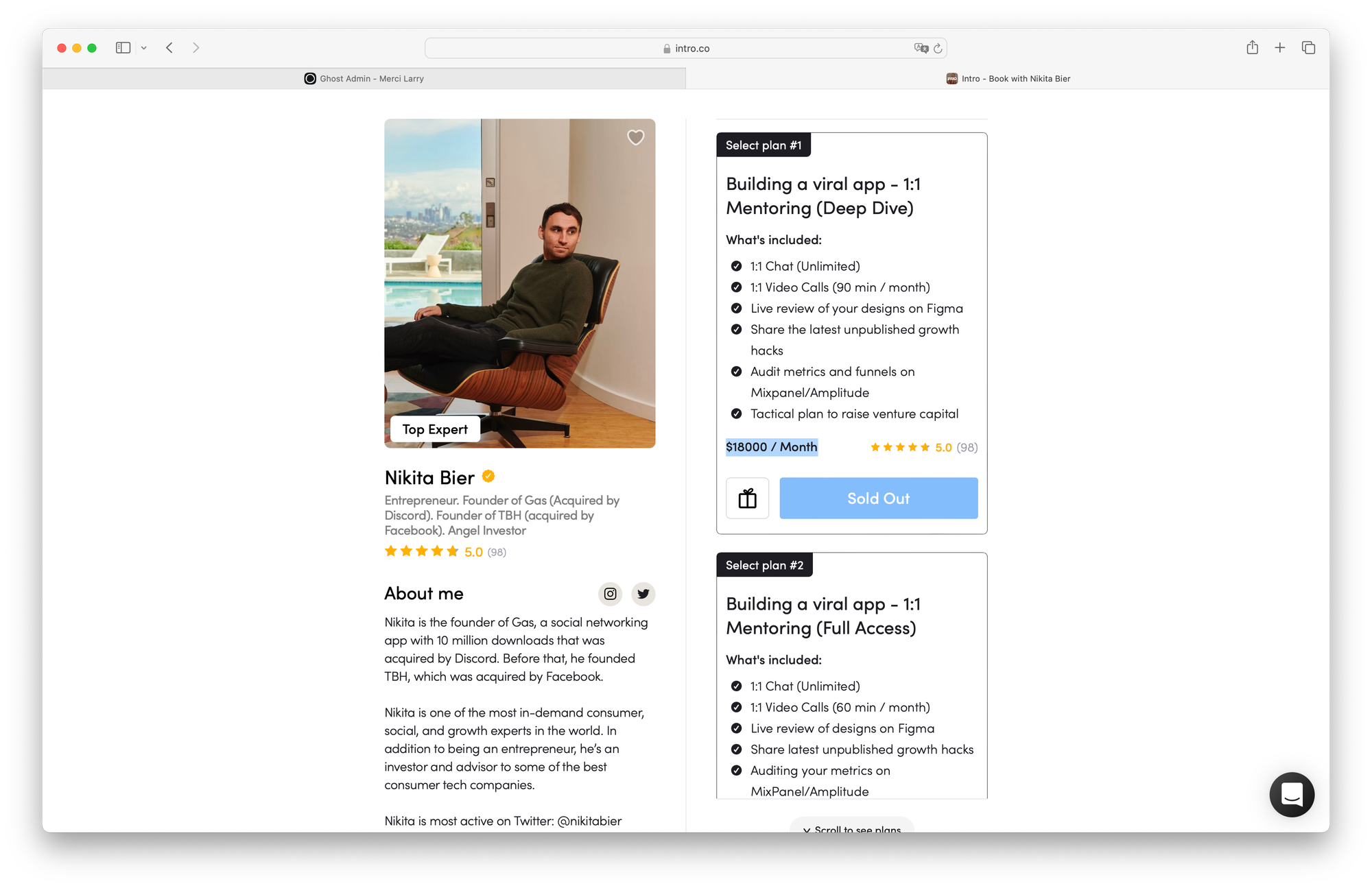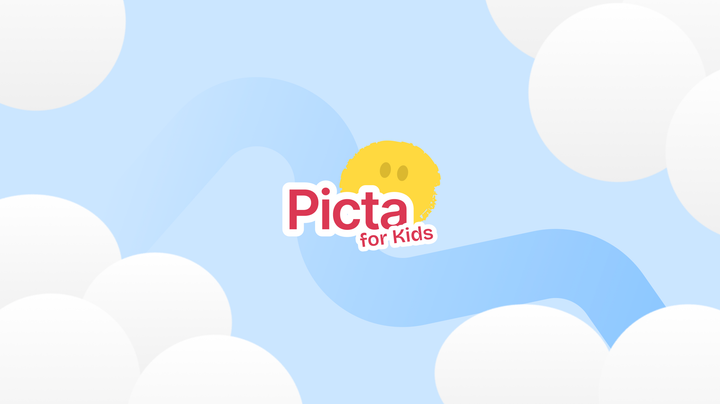Bringing Order to the Web, Part II
How Search is shifting to the new paradigm: Discovery, Curation, Generation.

Listen to the article; brought to you thanks to Google ExperimentLM.
For brands, the challenge is no longer How Search Works but How People Search.
The answer is simple, and I'm giving it a bit earlier than it really is: people aren't searching anymore.
Back in the '90s, it was easier to navigate the web. You started on a search engine and you started browsing. Now, the web is fragmented and the generation ahead of us is not using traditional search engine as a starting point. In other words, they are not searching; they are browsing. And this fundamentally, changes everything.
More than twenty years ago, Larry Page and Sergey Brin co-founded Google. They introduced Pagerank: the best algorithm on the market to rank web pages. The patent is known as: The PageRank Citation Ranking.
PageRank, a method for rating Web pages objectively and mechanically, effectively measuring the human interest and attention devoted to them.
Today, Search is in complete chaos1 and it has become hard to define what Google Search really is.
It’s time to bring order back to the Web with concepts that will shape the future of Search.
Web pages have grown exponentially, making it difficult to find trustworthy results. Sometimes, it’s even harder to find relevant results related to your query.
On top of that, the Web itself has evolved by fragmenting with social platforms and go-to-brands (ie. book a stay = Airbnb, buy a concert ticket = TicketMaster, etc.).
User habits evolved as well and Search has become a secondary layer of content consumption, reserved for those motivated enough to deep dive into the organic blue links.
How to bring quality and trust back to search results?
Maybe by acknowledging that Search as we know it is outdated and it’s time to embrace the new paradigm: Search, Discovery, Curation, Generation.
It’s no longer about How Search Works, but about How People Search.
User query growth is a pain point for Google and they tried to focus on it several years ago but Search is no longer a starting point and you can’t force people to search on Google when the shift in usage has already occurred with Gen-Z and the generations following them.
I joined Google in 2015 to lead their growth team. At that time, the average Google Search user in the U.S. did only 12 searches per month (which shocked me—I probably do 12 searches before getting out of bed every morning! 🤓). We wanted to encourage users to search more, because more searches = more opportunities to show ads = more revenue2.
And they did. They actually increased revenue incrementally. That also explains why the results became so bad.
Take Google AI Overviews for instance. It's a perfect illustration of the poor quality of content on the web (and the total lack of general intelligence between the question and the answer on the algorithm's side). Users have noticed this and have lost even more trust.
But. People. Don’t. Search. Anymore.
So here comes the new paradigm: Discovery, Curation, Generation.
- Discovery as a solution to bad quality results: Discovery acts as an ordering mechanism by allowing users to rely on the communities and platforms they trust. In a fragmented web where search results are no longer reliable, discovery helps users cut through the noise by following trusted sources and recommendations. Whether through following a trusted influencer or receiving organic content suggestions like "you might also like" users find relevant content not through traditional search but through a network of trust.
- Curation to structure content: Curation helps users gather and organize relevant, high-quality information in a way that fits their needs. This curates the fragmented web into manageable, trust-based and small networks. Rather than being overwhelmed by low-quality or irrelevant content, users turn to brands, platforms, and communities to offer them curated selections. This ordered flow of information contrasts the chaos of algorithm-based results, ensuring that only the most personalised content makes it through.
- Generation: Contextual Content at Your Fingertips: Generation is in its debuts but will be a key player in bringing further order to how users consume content. Generation occurs when platforms provide ready-to-consume answers based on a user’s context. For example, Spotify generating playlists based on your music preferences or a product recommendation system tailoring options specifically to your tastes. In a world where users don’t search like we used to, Generation provides tailored, trustworthy content without the user needing to sift through irrelevant results.
In this new paradigm, Discovery, Curation, and Generation collectively create a structured, seamless browsing experience, bringing order back to a chaotic web (👋🏻 PageRank).
Proof-reading and content backed-up
PageRank was a genuine invention until the web grew exponentially and so obscure techniques to cheat on visibility. It worked fine for the first ten years or so. Now, there is no trust anymore on search results. So when you read the content of someone you follow, you tend to follow that someone' recommendations (👋🏻 Substack recommendation feature) and it actually works: people are engaged. The recommendation schema replaced the ten blue links and comes with a strong quality stamp that can't be tricked.
More and more articles being proof-read by fellow experts. It brings trust. 👇

It brings authenticity as well because it doesn't answer to any convention: there are just links to LinkedIn profiles or other Substack (more on that later 👇🏻).
EEAT as another layer for bringing relevant results don’t work because it can be tricked. On the contrary, proof-reading work when it's not used as a way to maximise visibility. Visibility happens through branding, communication on social networks and word of mouth.
Specialization of GPTs
Right now, users land on ChatGPT to ask questions. How GenAI work is still misunderstood but soon enough, users will land on specialised GPTs.
I'm sorry for highlighting Lenny Rachitsky that much but here we go again. 🍿
When Product and Growth professionals have a question, they can use lennybot.com for search because by using it, it's already stamped with a high quality content guaranteed. The bot has been trained on a specific curation of content, written and shared by professionals of the industry.

Now let's take an example for B2C brands: let's say Nike. They sponsor tons of athletes and some of them produced video content such as training videos on the Nike Training Club app. 👇

Let's imagine they transcript all the video into text and train a GPT on top of it. Users could literally ask athletes precise questions about their expertise and get better at running, etc. High-quality content guarantee at their fingerprints. No need to choose between dozens of blue links and ads listings.
Integrated advertising
Let's continue with the Nike example. It would be easy to promote products to users depending on their questions. To such an extent that ads could be ultra personalised based on the questions asked and the user' personal needs.
Same for aggregators. A bidding system could be created so advertisers would bid based on their product inventory (quality) and based on the questions asked (auction amount).
Ads brought chaos to Search. On the contrary, integrated advertising brings consistency and relevance thanks to a better match between the promoted product or service and the need itself. It sures means less ads but probably pricer because of a fine-tuned matching to the very precise user need.
The personal branding era
Remember what I was saying on proof-reading and content backed-up? When you personally recommend someone or ask for help when it comes to proof-read your writing, you personally engage yourself. There's quality here.
When you start listening to a podcast episode, you will hear "this episode is brought to you by...". This integrated advertising brings quality as well, especially when the podcast is hosted by a single person because it engages the host itself. And you don't want to mess with your name all around. Those ads are perfectly targeted. So even if it can sounds annoying to head this one minute commercial, you know that the ad you're listening to is promoting either a product or service you're using or you're going to use. It could be called influence: the frontier is narrow.

Bringing Order to the Web Through Discovery, Curation, and Generation
The evolution of search from traditional algorithms like PageRank to today’s fragmented landscape signals a profound shift. As people increasingly rely on social discovery, community-based trust and content curation, the role of search engines is becoming irrelevant especially to Gen-Z.
To bring order back to the web, brands and platforms need to take ownership of Discovery, Curation and Generation: meeting users where they are, rather than where they used to be.
A big Merci to Nicolas Piquero for reviewing early drafts of this post.
- If you want to deep dive into the why, take a cup of slow coffee and read the story of The Man Who Killed Google Search by Edward Zitron (and make sure to read the emails as well by clicking on the links within the article, they are gold!).
- How to accelerate growth by focusing on the features you already have by Ken Rudin on Lenny’s newsletter



Comments ()